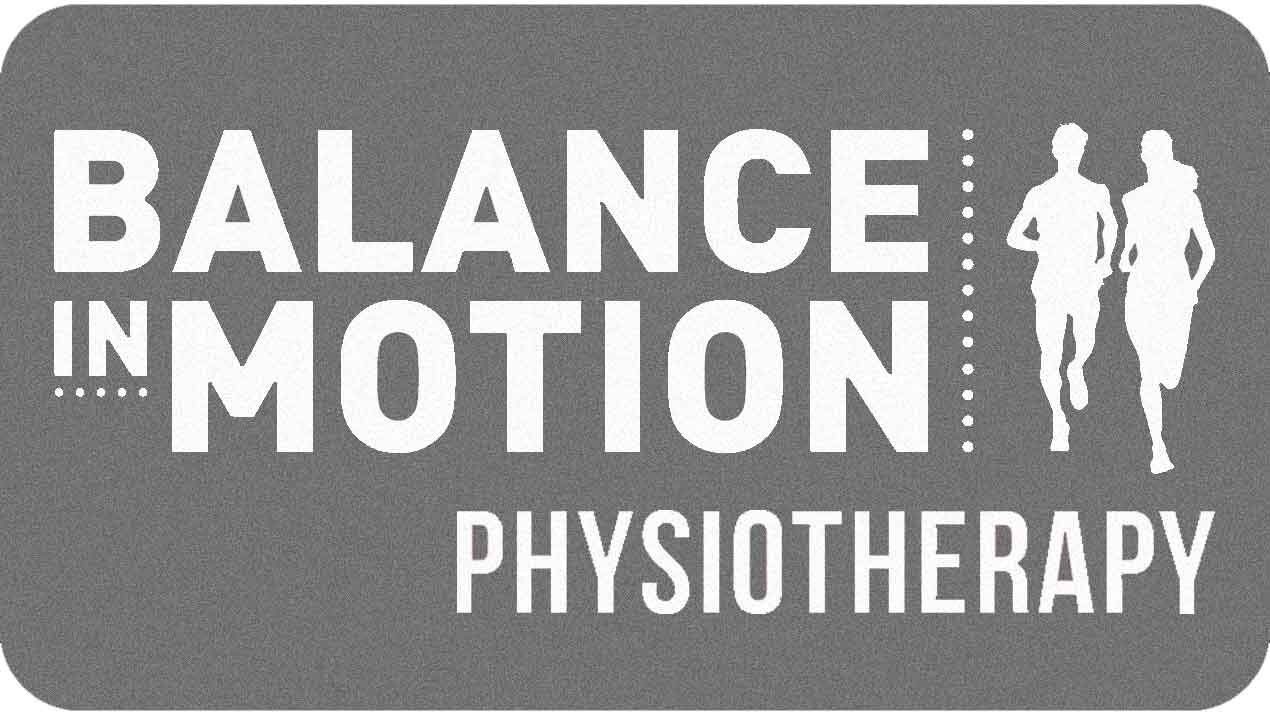Boost Your Bone Health: What to Eat (and Avoid) to Keep Your Bones Strong and Out of the Hospital
/When I worked in the hospital system I was amazed at how much people’s health deteriorated after a fall and subsequent decent fracture. It really motivated me to stay strong, keep my balance and more importantly - keep my bones as healthy as possible.
After attending a recent nutrition seminar for Physiotherapists, I thought I'd share my top tips for bone health.
This is a big deal, particularly as we age and specifically for post menopausal women.
Bones are constantly remodelled throughout our life. We create new bone and get rid of the old!
Bone remodelling is a bit like your bank balance. If you take too much money out it isn’t great. So you need to hurry up and put some more money back in.
That’s a nice way to look at both nutrition and exercise for bone health.
The other thing to remember is that when we are young we can really get some good bone density. The more active we are as kids and teenages, the better. That’s why I'm always making my kids get outside, take their shoes off, kick a ball and encourage climbing some trees. It will pay dividends when they are older.
Teenagers also see a massive spike in bone density, so we want teenagers out there - getting strong and loading their bones for maximum bone density when they are older.
So to make sure our “bone” balance isn’t in the red, we need to focus on 3 things
Sleep (more than 7 hours ideally)
Exercise (varied)
Nutrition
As we age, our bone density slowly declines from our late 20’s - onwards. Initially it’s slow and then it happens rapidly.
We need to eat enough to provide enough energy. If you eat too little you are more at risk of bone injury. Why? Because you are going into the red with your bone remodelling.
What should we eat ?
Bone tissue volume is 50% protein. Hitting your ideal protein target of approx 1-1.2 grams of protein per kg, spread over three meals per day.
If you have a low protein diet and suffer from bone stress injuries, consider seeing a dietician to work out how to get more protein in your diet.
For post menopausal women, make sure you are exercising between 3-5 times per week. Ideally varied with a mix of strength training, spring exercises e.g. skipping, banded exercises like pilates, and balance work - such as yoga.
This reduces your risk of osteoporosis and osteopenia.
CALCIUM (if you are low)
99% of calcium is stored in your bones. We can’t make it ourselves so it all comes from our diet.
The human body likes keep calcium in a specific range - increasing calcium from dietary sources or supplements increases bone mineral density by 1-2 %
Please note, if you think you are calcium deficient - please get tested. It isn’t recommended you take it unless you are deficient.
VITAMIN D
Stimulates bone creation and optimises calcium bioavailability. Interestingly vitamin D helps your body absorb more calcium
They did a large study on army recruits and found those with mid to low levels of vitamin D were significantly more likely to get stress fractures than those with high levels of vitamin D.
Common sources of Vitamin D are oily fish and egg yolk. Also gaining sun exposure for 10-20 mins per day.
VITAMIN K
Vitamin K is found in green leafy vegetables and is thought to also be Important for skeletal health.
So to summarise if you are suffering from bone stress injuries, like stress fractures, or you have had more than one fracture. Get tested for deficiencies in the above. Make sure you are exercising regularly to maintain bone remodelling, eating enough and getting more than 7 hours of sleep.

